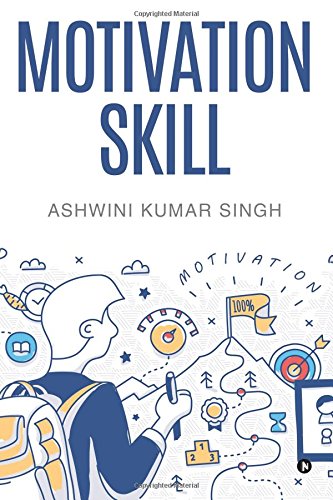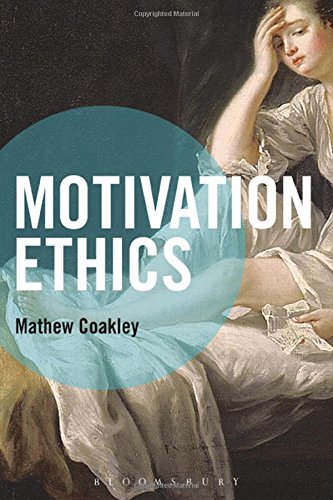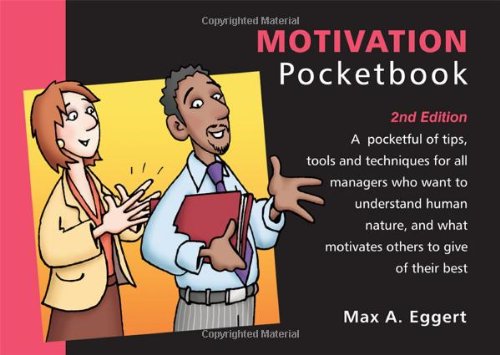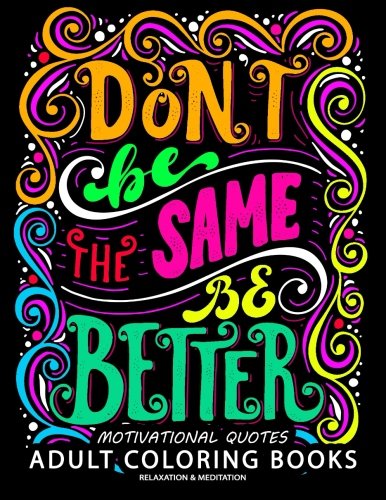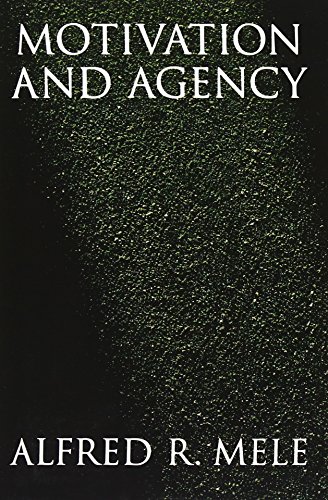
Fitness comes before anything. We all want to be fit, whether in terms of our mental health or the appearance that we show to the surroundings that are our physical outcome. A person who is fit is capable of leading a happy life. It plays a crucial role in our lives. Our fit and sound state make us capable of carrying our life’s issues in a sound and steady state. Fitness does not only refer to being physically fit and toned, rather it includes the mental state as well. How does a person react to different stages of life that show up during the course of living, how does he handle the ups and downs of life, how he manages all that goes against the wind and so on. Being fit and healthy would not only involve the flat stomach and toned abs which we all think about but the firm state of our mental and emotional health too. Physical fitness requires a change in life. Cutting those extra carbohydrates because you know they are not good for you, giving up on your habit of unnecessary munching, taking care of the number of calories you consume daily because you realize that the extra junk in the trunk will hamper your health and different organs in the long run; these are all those little steps that we take for our own betterment. In order to carry a sound state of mind a person would be physically active, he should incorporate into activities, he should move around, he should adopt a healthy lifestyle; ultimately all of this is going to lead to a stable state of mind and a better life.


